The way science typically investigates reality is through breaking down complex phenomena into their component parts, to try to understand how they fit together to cause the phenomenon. This approach is known as materialist reductionism and has been wildly successful, bringing us new technologies, modern healthcare and many other feats. However, there are areas where it breaks down.
Most notably perhaps when it comes to human beings, and to such concepts as meaning or values, but also in modern-day physics. In the last few years, Sarah Durston has come to the conclusion that materialist reductionism has reached its limits and we need other, additional approaches for example in psychiatry. In addition to objective, falsifiable and third-person investigations of our reality, we need subjective, first-person, systematic exploration of the sort of world we want to inhabit. Both approaches need to come together in a new, value-driven science.
Sarah Durston is professor of Developmental Disorders of the Brain at the UMC Utrecht Brain Centre. In addition, she is the chair and co-founder of the Sentience and Science Foundation. She spent 25 years investigating how brain function and its development underlie symptoms in developmental disorders to conclude that the medical model cannot explain psychiatry fully.
Missed this edition? Don’t worry, rewatch the presentation + Q&A here:

